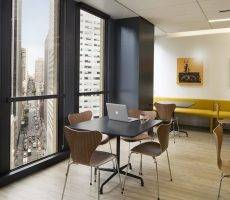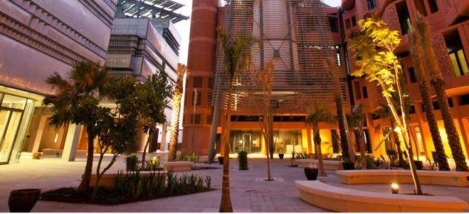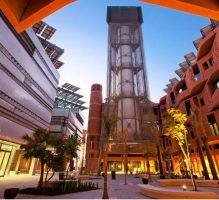September 29, 2016
Worldwide progress in creating sustainable building regulations is slow 0
 The level of transparency in the reporting of the environmental performance of commercial real estate is growing across the world, but the pace of new sustainable building regulations remains slow. That is the key finding of JLL’s Real Estate Environmental Sustainability Index, which measures the availability of a range of environmental transparency tools in 37 countries. Whilst 17 countries have improved their overall scores since the last survey two years ago, 13 have remained static and three have declined. Half of all country index improvements have been driven by the introduction of voluntary minimum energy efficiency standards for existing buildings. This year France topped the Index for the first time, thanks to the consistent roll-out of mandates to transition to a low carbon economy. Japan has moved up from the transparent group to join France, Australia and the UK in the highly transparent group.
The level of transparency in the reporting of the environmental performance of commercial real estate is growing across the world, but the pace of new sustainable building regulations remains slow. That is the key finding of JLL’s Real Estate Environmental Sustainability Index, which measures the availability of a range of environmental transparency tools in 37 countries. Whilst 17 countries have improved their overall scores since the last survey two years ago, 13 have remained static and three have declined. Half of all country index improvements have been driven by the introduction of voluntary minimum energy efficiency standards for existing buildings. This year France topped the Index for the first time, thanks to the consistent roll-out of mandates to transition to a low carbon economy. Japan has moved up from the transparent group to join France, Australia and the UK in the highly transparent group.

































September 3, 2016
Electrosensitivity and the question of whether WiFi may be making us ill 0
by Mike James • Comment, Technology, Wellbeing
(more…)